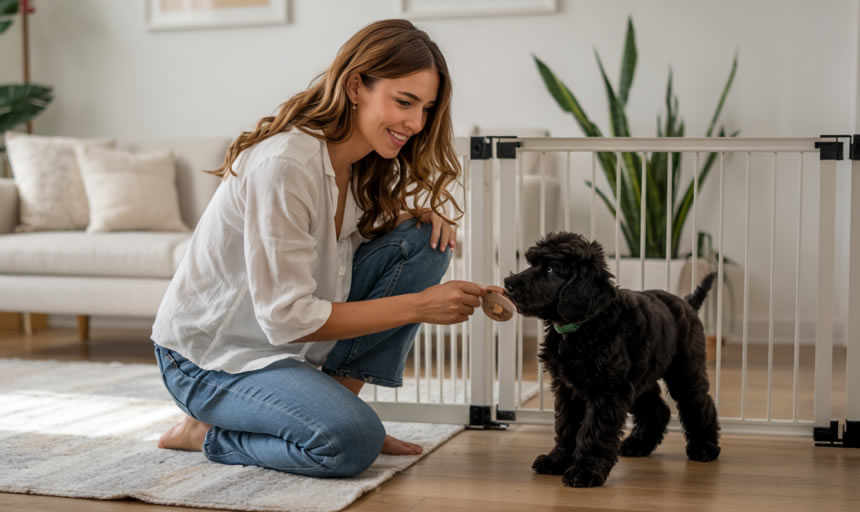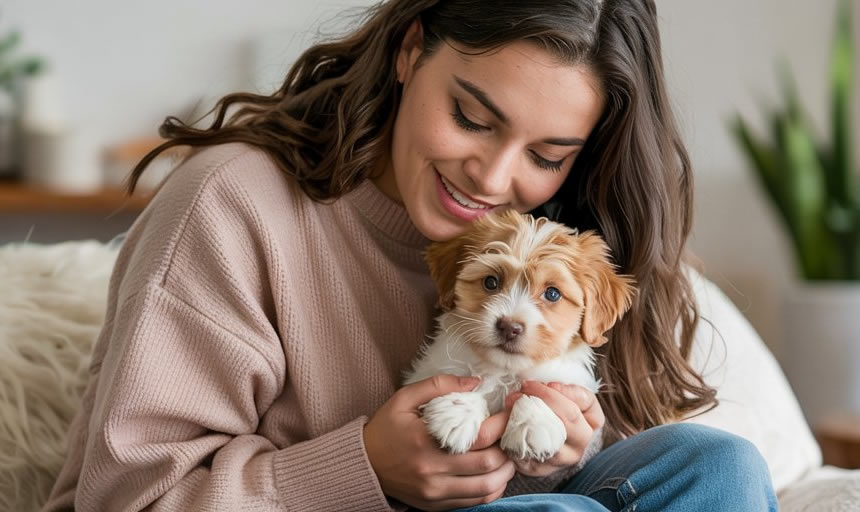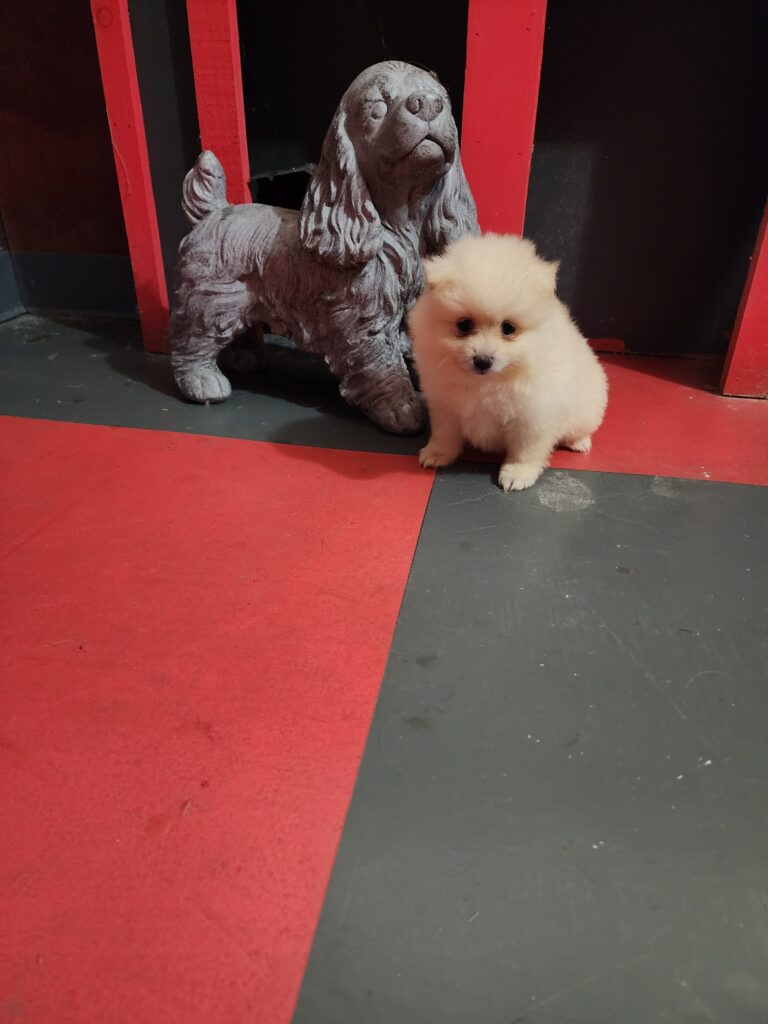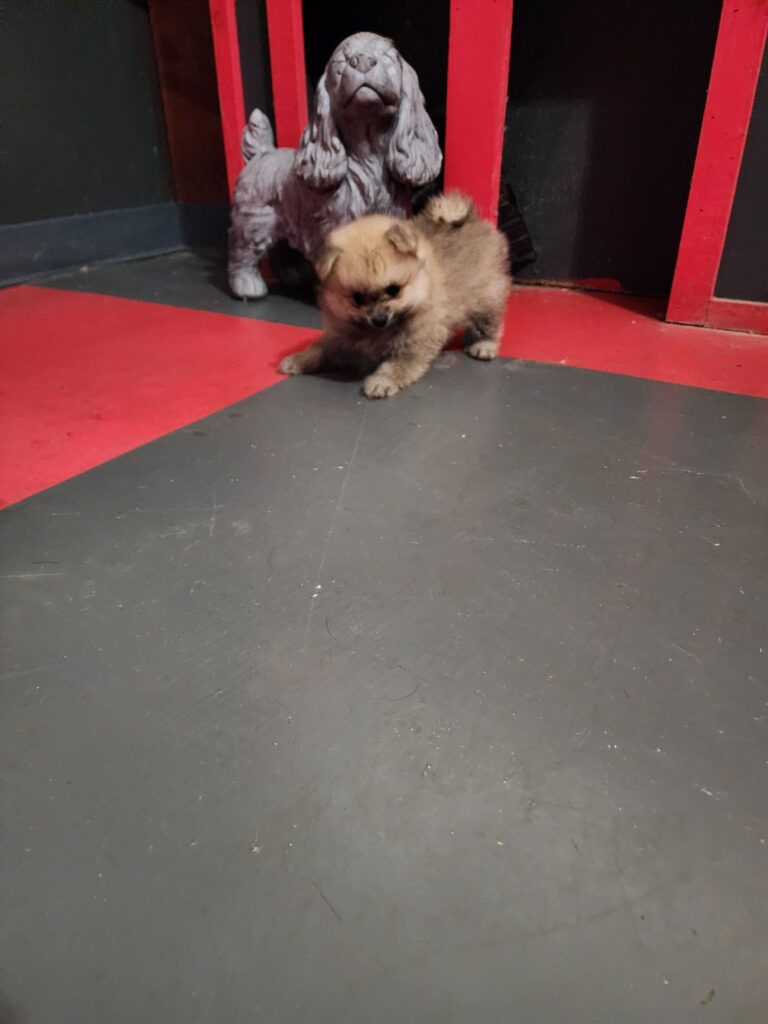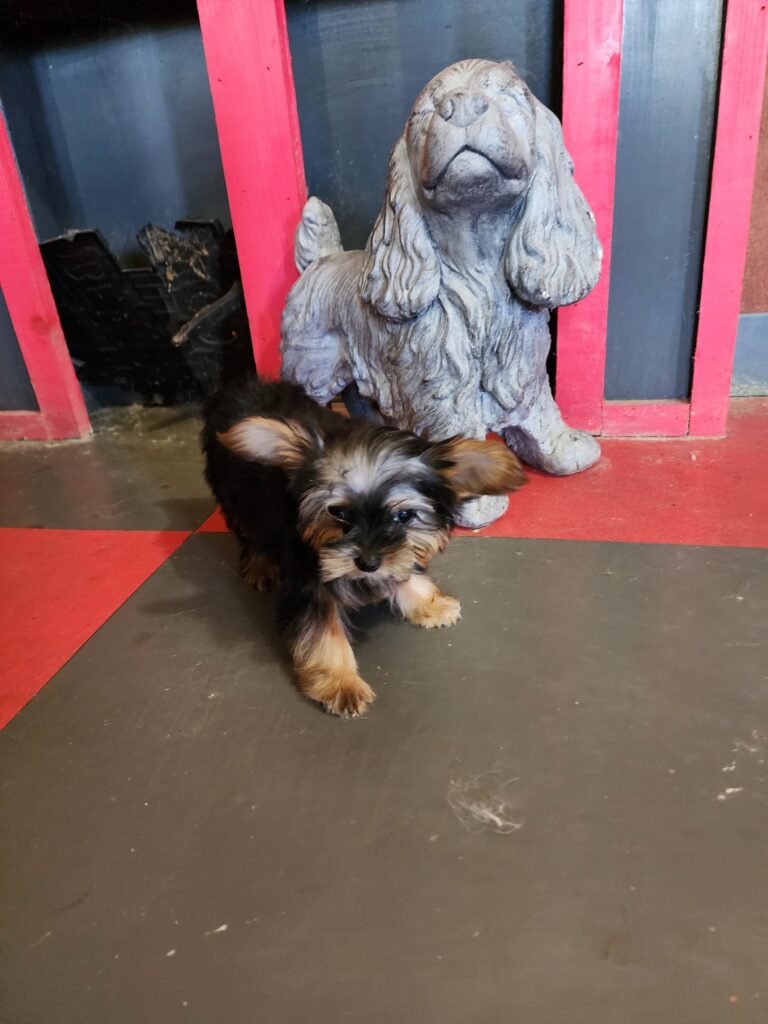The Ultimate Puppy Training Guide
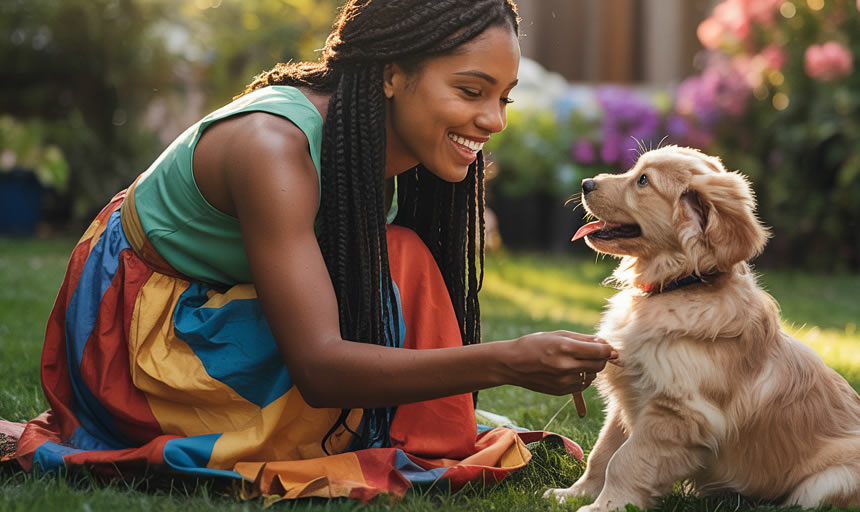
Training a puppy can be challenging, but with patience and consistency, your pup will learn good manners. Here’s how to start training your new furry friend effectively.
1. Start with Basic Commands
Puppies learn best through short, fun training sessions. Begin with essential commands such as:
Sit – Hold a treat above their head and move it backward.
Stay – Teach them to hold a position until released.
Come – Call their name and reward them when they respond.
2. House Training Essentials
Take your puppy outside frequently—especially after eating, drinking, or waking up. Reward them when they eliminate outside to reinforce good behavior. Crate training can also assist in housebreaking.
3. Socialization is Key
Expose your puppy to different environments, people, and animals. This prevents fearfulness and helps them become a well-adjusted adult dog.
4. Addressing Common Issues
Chewing – Provide chew toys and discourage biting.
Jumping – Ignore them until they calm down, then reward good behavior.
Barking – Identify triggers and use commands like “quiet” to control excessive barking.
Training takes time, but the bond you create with your puppy will be deeply rewarding. Stick to a consistent routine, and soon your pup will be a well-behaved companion.
The Ultimate Puppy Training Guide

Training a puppy can be challenging, but with patience and consistency, your pup will learn good manners. Here’s how to start training your new furry friend effectively.
1. Start with Basic Commands
Puppies learn best through short, fun training sessions. Begin with essential commands such as:
Sit – Hold a treat above their head and move it backward.
Stay – Teach them to hold a position until released.
Come – Call their name and reward them when they respond.
2. House Training Essentials
Take your puppy outside frequently—especially after eating, drinking, or waking up. Reward them when they eliminate outside to reinforce good behavior. Crate training can also assist in housebreaking.
3. Socialization is Key
Expose your puppy to different environments, people, and animals. This prevents fearfulness and helps them become a well-adjusted adult dog.
4. Addressing Common Issues
Chewing – Provide chew toys and discourage biting.
Jumping – Ignore them until they calm down, then reward good behavior.
Barking – Identify triggers and use commands like “quiet” to control excessive barking.
Training takes time, but the bond you create with your puppy will be deeply rewarding. Stick to a consistent routine, and soon your pup will be a well-behaved companion.

